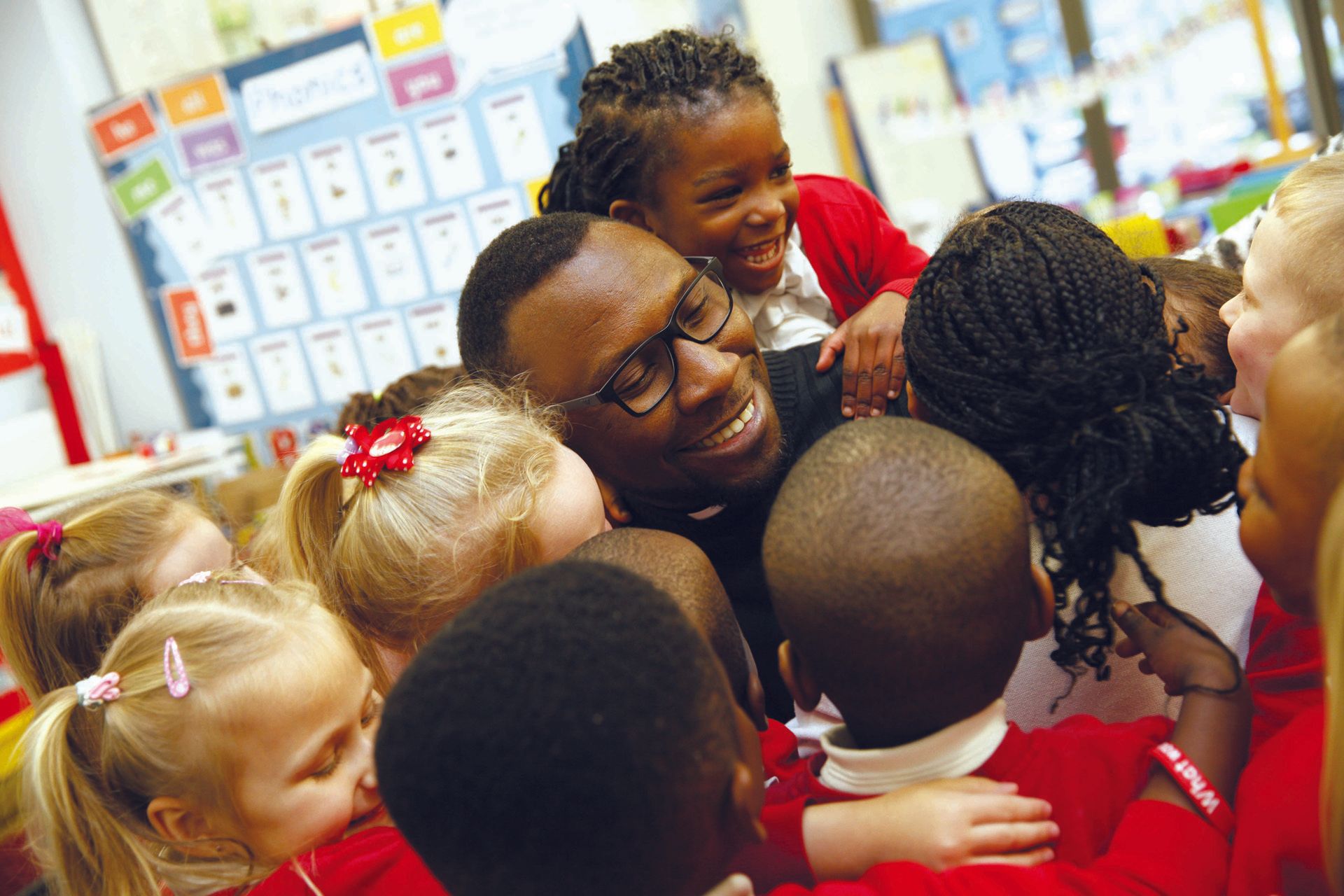
Slide title
Write your caption hereButton
Our Catholic and British Values
St Willibrord’s RC Primary School Policy for Promoting British Values. This policy is set within the context of the School Mission Statement:
“To grow in God”
Through its curriculum, extra-curricular activities, teaching and learning this school will promote British values. By doing so, we will ensure that all learners understand the values that have traditionally underpinned British society. The teaching of these values will promote cohesiveness within our school and community, in line with our school mission statement and ethos. We will prepare pupils for life in England where the population has an increasingly rich diversity of backgrounds, origins, beliefs and cultures by promoting the values on which our society has been built. By teaching pupils these values we will help all to become good citizens of the United Kingdom of Great Britain and Northern Ireland.
How are we doing it?
Democracy
Democracy is a central value within the school. Pupils help to shape our school by having their voices heard in class, through our School Council and Pupil questionnaires. Children are encouraged to debate, which promotes critical thinking, effective communication, independent research and teamwork: all vital qualities to ensure that they are equipped to fulfill their responsibilities as citizens of a democracy. Pupils grow to appreciate how lucky they are living in a democratic society.
The Rule of Law - Law
Children are taught the importance of laws and rules; whether they be those that govern the class, the school, or the country. These are consistently reinforced through our Golden Rules, as well as when dealing with behaviour and through school assemblies. Pupils are taught the value and reasons behind these laws: that they govern and protect them, the responsibilities that this involves and the consequences when laws are broken. Pupils are shown how they can contribute to the well-being of those in the locality and beyond, through many events such as supporting charities, local visits and singing and play musical instruments to the elderly.
Individual Liberty - Individuality
Within school, pupils are actively encouraged to make choices, knowing that they are in a safe and supportive environment where adults are always ready to listen to them. As a school we educate and provide boundaries for young pupils to make choices safely, through provision of a safe learning environment. Pupils are encouraged to know, understand and exercise their rights and personal freedoms and learn how they can do so safely, for example through our E-Safety and Circle Time sessions. St Willibrord's School seeks to provide opportunities for pupils to become positive and emotionally resilient with the knowledge and confidence to stand by their own convictions, whilst also respecting others.
Mutual Respect - Respect
Our school ethos and behaviour policy has revolved around one of our nine Core Values which is ‘Respect’. Pupils have been part of discussions and assemblies related to what this means and how it is shown. The weekly Whole School assemblies, Collective Worship, Liturgies and Circle Time Model promotes respect and empathy for others and this is reiterated through the learning of class/school rules, as well as our behaviour policy and mission statement. We are also following the Salford Diocese initiative, CARITAS, which aims to develop and embed the Social Teachings of The Catholic church.
Tolerance of those of Different Faiths and Belief - Tolerance
This is achieved through enhancing pupils understanding of their place in a culturally diverse society and by giving them opportunities to experience such diversity. Assemblies and discussions involving prejudices and prejudice-based bullying have been further developed by supported learning in RE and PSHE and PATHS. Members of different faiths or religions are encouraged to share their knowledge and experiences to enhance learning within classes and the school. We value the diverse ethnic backgrounds of all pupils and families and undertake a variety of events and lessons to celebrate these. We have found this approach to be enriching for all parties as it teaches tolerance and respect for the differences in our community and the wider world. Underpinning all of this is a range of curriculum topics which encourages tolerance of different faiths and beliefs.
Tel: 0161 223 9345
Fax: 0161 220 9110
St Willibrord’s RC Primary School, Vale Street, Clayton, Manchester. M11 4WR
admin@st-willibrords.manchester.sch.uk
Privacy Policy
Contact Us
©St WIllibrord's Roman Catholic School
Website design by Kittle Visual Marketing



